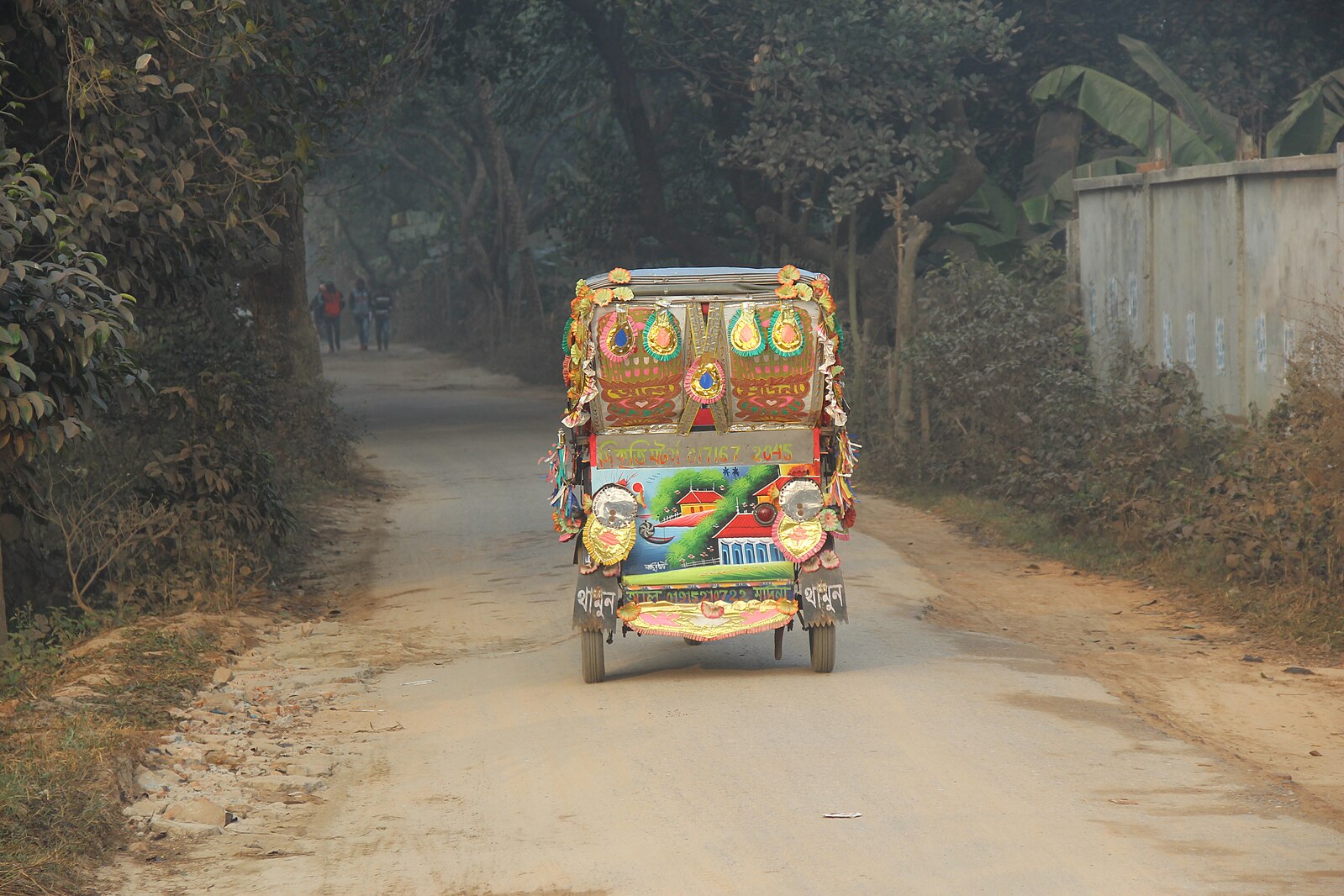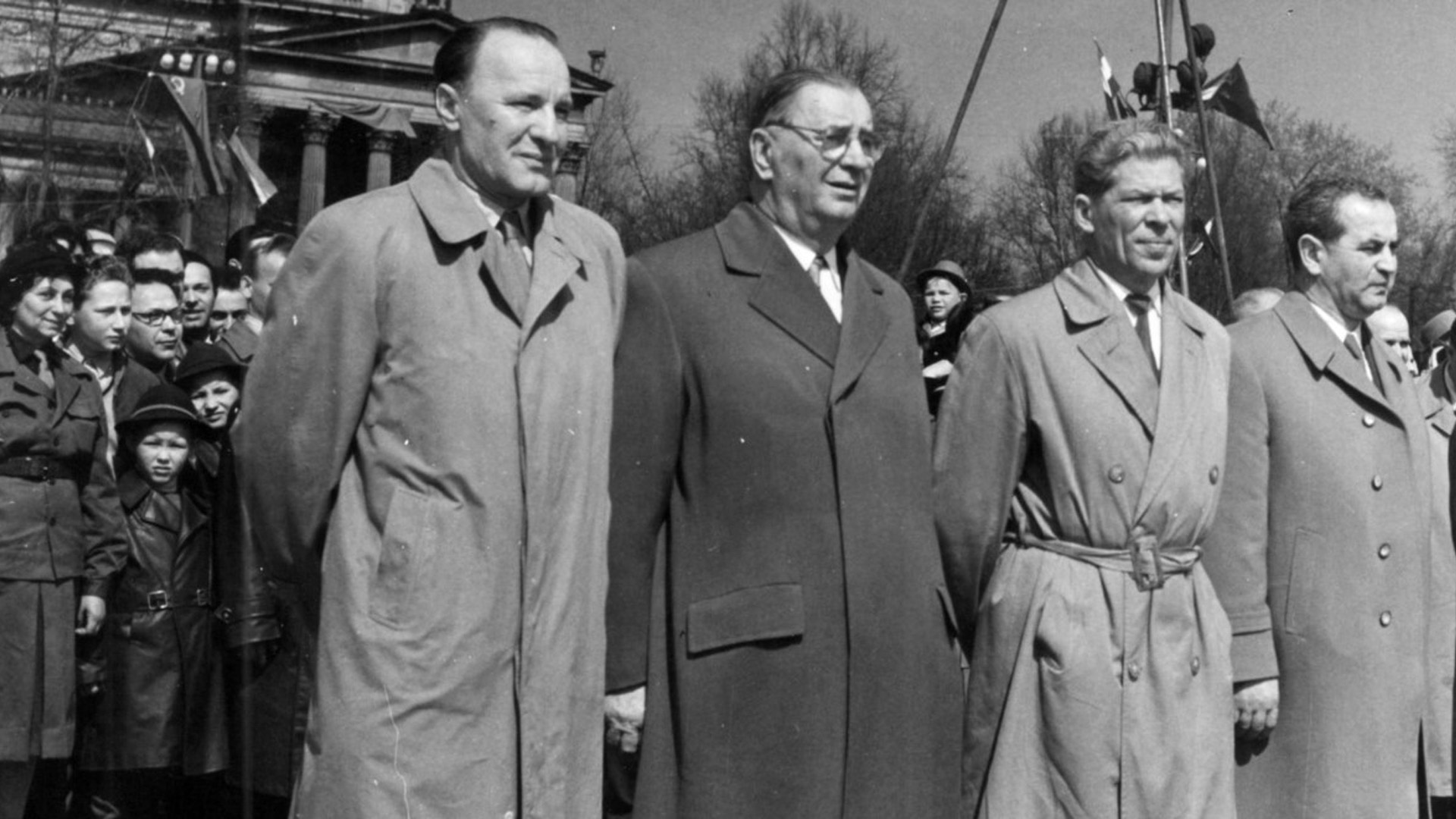Bangladesh, a country of Bangla (Bengali in English and Hungarian) speakers, is the world’s eighth most populous nation of hundred and seventy million, and has been the second largest economy in South Asia for some years. It is best known for its textile products—there is hardly a person among us who does not have at least one T-shirt made there. Yet, Bangladesh is not part of most Europeans’ view of the world. We hardly know anything about it. In recent weeks, however, the political crisis in the country and the humiliating fall of the ruling government have attracted some attention even in our region. The ousting of Prime Minister Sheikh Hasina Wazed has sparked speculation among foreign policy journalists and analysts about its regional strategic implications. In the West, experts have been particularly interested in the prospects of China gaining ground. But has the era of declining Indian influence really dawned in Dhaka?

Sheikh Hasina, the ousted Prime Minister, who was in office for many years, whose father was the founding President of independent Bangladesh, who fled to India, and is charged with murder and genocide
A Love-hate Relationship
Bangladesh has been on the map as an independent state since 1971—before that, after the Partition of the Raj (1947), it had been called East Pakistan, and formed a rather underrated eastern flank of present-day Pakistan. The cherished dream of national independence for Bengal was brought to fruition by the intervention of the Indian armed forces in December 1971. Since then, Bangladesh has been one of only two countries in South Asia (the other being the tiny Maldives) with a population of predominantly the same ethnic roots. Ninety-eight per cent of the country’s population identifies itself as Bengali, which would be an impressive proportion for any European nation-state, and so the framework for Bengali nation-building seems unequivocal. But the reality is more complex. Indeed, roughly a third of Bengali speakers live in the federal state of West Bengal in India. There had been a long-drawn dispute among scholars on what the fate of Bangladesh would be. Would it integrate into India, might it have territorial claims on its neighbour on a national basis, or would it position itself as a separate nation altogether?
The undesirable consequences of either of the first scenarios led the country’s political elite towards the third option, gradually seeking to assert the unique cultural and political identity of Bangladesh. Bengali had played a very significant role in the development of Indian public thought, and there was a strong view among Bangla speakers that religion was not an exclusive criterion of belonging to a community, and that Bengalis of Hindu faith could be considered part of the nation. After the Partition, a considerable Bengali-speaking Hindu group even remained in East Pakistan. Over the past decades, however, the influence of Islamic traditions in independent Bangladesh has become increasingly strong, and Bangladeshi nation-building has moved away from Hindu-dominated India (including Indian Bengalis).
Nevertheless, it was clearly necessary to remain on good terms with India, as Bangladesh shares most of its land borders with India (only a roughly 270 km stretch borders Myanmar). Moreover, Bangladesh inherited the small enclaves (known as chitmahals) created during the Partition, making the India–East Pakistan—later Bangladesh—border particularly complex. The contradictory relationship is illustrated by the fact that over the last thirty years, whenever the opposition in Bangladesh has wanted to discredit the cabinet, it has accused it of covertly fostering India’s interests. While, once in office, they themselves maintained the good relationship.
But, since the 1980s, there has been a strong push to diversify the external relations of the country, and reduce its dependence on India. True enough, it was due to her family-based good contacts in New Delhi that Sheikh Hasina Wazed, the Prime Minister ousted in August, had managed to settle the issue of the enclaves in a 2015 agreement. Yet, the cultural and foreign policy process of distancing Bangladesh from India continued under her government. And China has become a natural player in the game.

The portrait of Sheikh Hasina at Dhaka University smeared in red paint in August this year
China Alternative?
In the context of emerging great power rivalries in East Asia, it has become an established strategy for smaller states to counter the growing influence of one great power by developing relations with the opposing one. In the case of Bangladesh, the defence sector has offered itself as a means of doing so. By 2024, the Bangladesh navy has been equipped with Chinese-made frigates, corvettes, and submarines, making Beijing an unavoidable player in this field for the foreseeable future. China’s military exports have shown remarkable growth in recent years, with South Asia (primarily Pakistan) being one of the prime buyers. The possibility therefore arises that Beijing could be a very competitive, indeed a winning partaker in the increasingly urgent procurement programmes of the Bangladesh armed forces. In addition, China has now become the country's number one source of imports in general, total trade with it being more than double that with India. From Dhaka’s perspective, China is far enough away not to threaten the country’s independence, but it regards the region of the Indian Ocean important enough to be interested in the potential for cooperation with Bangladesh.

Bangladesh Army gun and fire control system made in China on display in Dhaka
So, when considering the impact of a change of government in 2024 on great power relations, it is not the individual tastes of leaders but the geopolitical conditions of the country that need be considered. India will remain an inescapable economic, cultural, and security partner of the country, but counterbalancing it will continue to be part and parcel of the foreign policy strategy of Bangladesh. However, seriously damaging the interests of India or breaking with it would be unwise.
The author is a historian, political scientist, security policy expert and fellow at the John Lukacs Institute of the Ludovika University of Public Service, Budapest
Translated by Péter Pásztor
Cover photo: A Bangladeshi rickshaw




